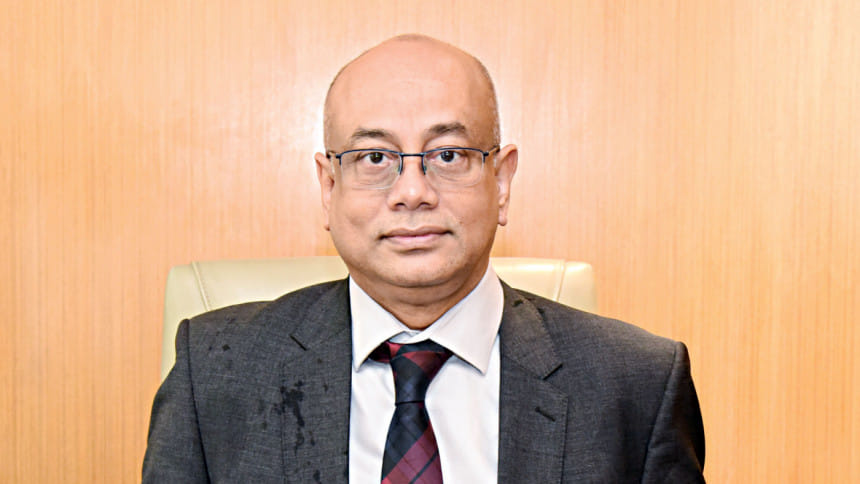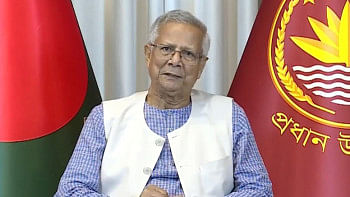One School, One Branch, One Bank,: All banking services

Md. Fazlur Rahman Chowdhury
Deputy Managing Director, Al-Arafah Islami Bank
The Daily Star (TDS): Why is school banking pivotal for individual development and national advancement?
Md. Fazlur Rahman Chowdhury (MFRC): The first step for the sustainable economic development of Bangladesh is to ensure the financial inclusion of people from all walks of life. The right approach to ensuring financial inclusion is equitable distribution and utilisation of the economy. To achieve this, all sectors of the population should be brought into the banking system. In this case, students, farmers, labourers, housewives, and marginalised groups should be included, as this will facilitate both financial and social development in our country. Research shows that a large proportion of our population consists of youth, including students. Currently, the number of students under 18 years of age in the country is approximately 10 million. If this large number of students can be brought into the banking system through school banking, we could achieve about 10% financial inclusion in the national economy.
Through school banking, students can directly learn how to use money, including deposits, withdrawals, salary payments, and more.
TDS: What has been the recent response to school banking initiatives in the country?
MFRC: At present, the popularity of the school banking programme has increased due to the proper actions and campaigns of Bangladesh Bank, but the number of student accounts has not risen at a proportional rate. In this regard, banks should focus on social responsibility rather than adopting a purely business-oriented approach (deposit collection). Only then can school banking be expected to succeed. We believe that Bangladesh Bank's directive to provide educational materials to disadvantaged students through the CSR (Corporate Social Responsibility) activities of commercial banks is a groundbreaking step. This initiative will not only make poor and underprivileged students more interested in their studies but will also encourage them to play a leading role in the development of society and the country.
TDS: How does your bank facilitate school banking?
MFRC: Al-Arafah Islami Bank PLC has introduced the theme "One School, One Branch, One Bank, All Banking Services" to promote school banking across the country through a sense of social responsibility, rather than viewing school banking as a business initiative. We hope that if Bangladesh Bank oversees all banks' activities under the theme set by Al-Arafah Islami Bank, school banking will be one hundred percent successful and will ensure financial inclusion.
Through this theme, every branch, sub-branch, and agent outlet of our bank will select one school each year to conduct seminars, workshops, and campaigns, ensuring that every student at that school opens an account. We will also set up collection booths for school accounts, teachers' accounts, and tuition fee collection. As part of the bank's CSR activities, in 2025, we will distribute essential educational materials (such as notebooks, pens, school bags, raincoats, pencil boxes, calculators, etc.) to students in various educational institutions across the country.

 For all latest news, follow The Daily Star's Google News channel.
For all latest news, follow The Daily Star's Google News channel. 



Comments